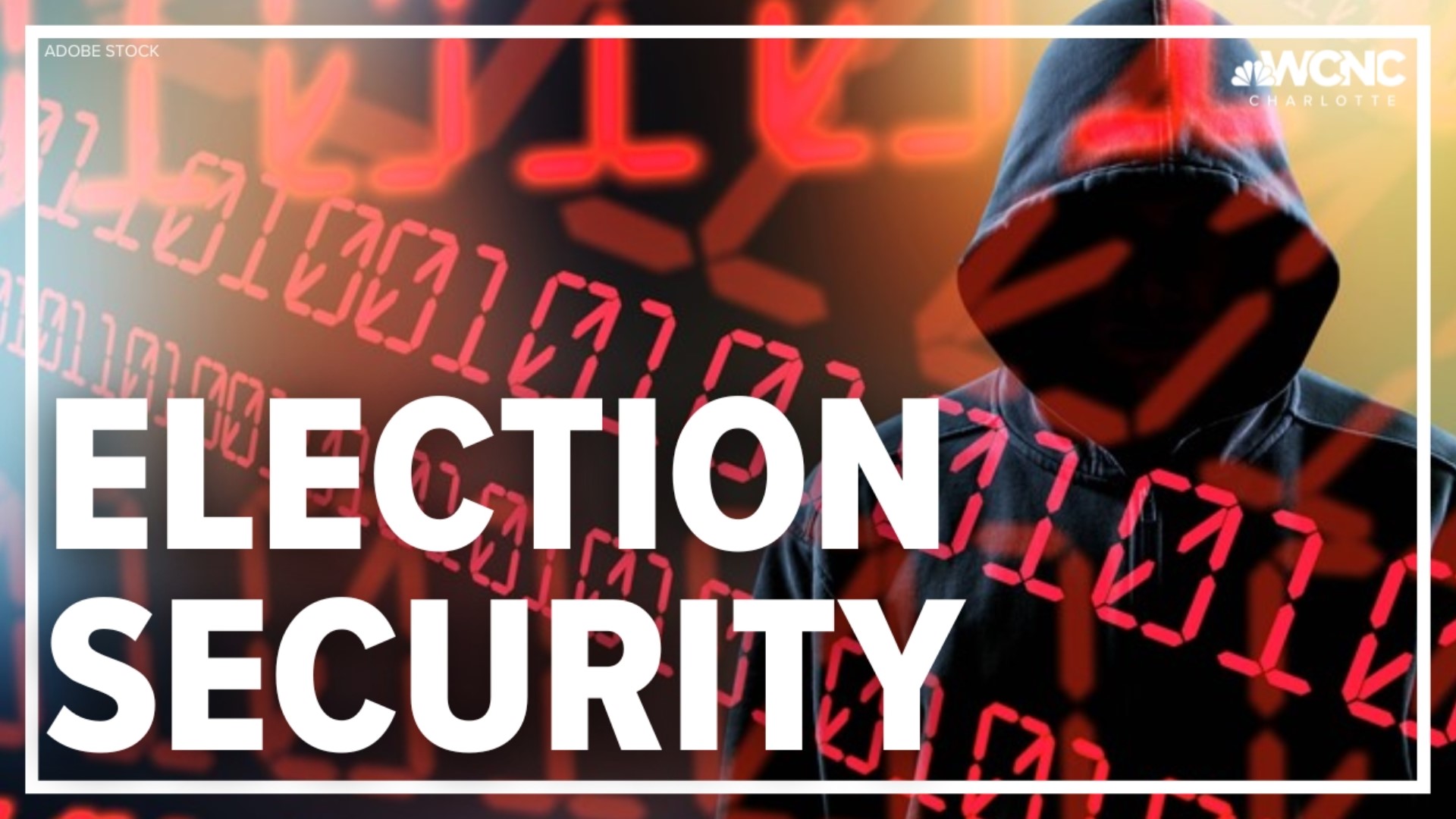CHARLOTTE, N.C. — With midterm elections heating up, so are attempts to shake voter confidence in the process.
The FBI and Cybersecurity and Infrastructure Security Agency (CISA) are warning that "foreign actors," unlikely to see any notable success in hacking voting infrastructure, would be more inclined to sow the seeds of doubt via misinformation campaigns online.
According to an FBI alert, the attacks could take the form of spoofed websites (nefarious sites intended to appear like legitimate online news sources), fake social media personas, and dark media web channels.
Phil Napoli, a Duke University professor of Public Policy and director of the DeWitt Wallace Center for Media & Democracy, said by spreading and amplifying false claims of a compromised voting process, these foreign actors are seeking to create distrust in the elections process itself.
"2020 put the blood in the water that people here are very vulnerable to the assertion of election fraud," Napoli said. "The absence of evidence and proof over the past year-and-a-half has not done much to affect the beliefs of a certain portion of our electorate. So, that creates huge incentive for foreign actors to really continue to lean on that weak leg of the table, so to speak, and try to exploit that belief system."
Napoli points to Iran and Russia as some of the main players, and most recently, China.
"In recent months, China has upped its level of activity targeted at domestic users of social media, and that's actually a new development," Napoli said. "They have not actually targeted social media users in the U.S. until fairly recently. They've been more about targeting international audiences."
In light of the recent warning, Napoli suggests social media users be extra skeptical of inflammatory content being posted online, and question who is posting this information and whether it comes from a legitimate source.
He said people should also look out for basic online red flags in web addresses and post content, like spelling errors.
"You need to scrutinize the information that's being provided to you as to whether it is providing any meaningful evidence," Napoli said. "Regardless of what you want to believe, the facts need to dictate here."
One of many online tactics the FBI detailed already surfaced on Facebook earlier this week, where several accounts descended on posts about the Raleigh mass shooting with fake links to surveillance video.


The FBI calls the method "astroturfing," writing that it takes the form of several fake accounts sharing the same content in droves, in an effort to create the false impression of widespread grassroots support.
Contact Vanessa Ruffes at vruffes@wcnc.com and follow her on Facebook, Twitter and Instagram.

